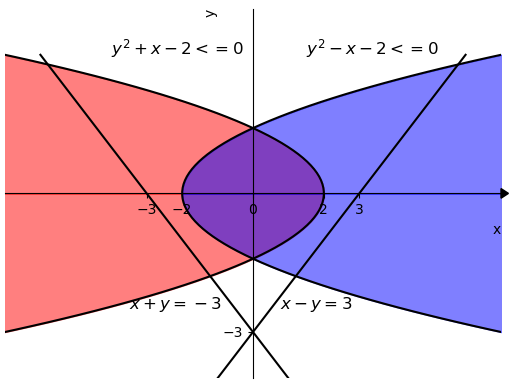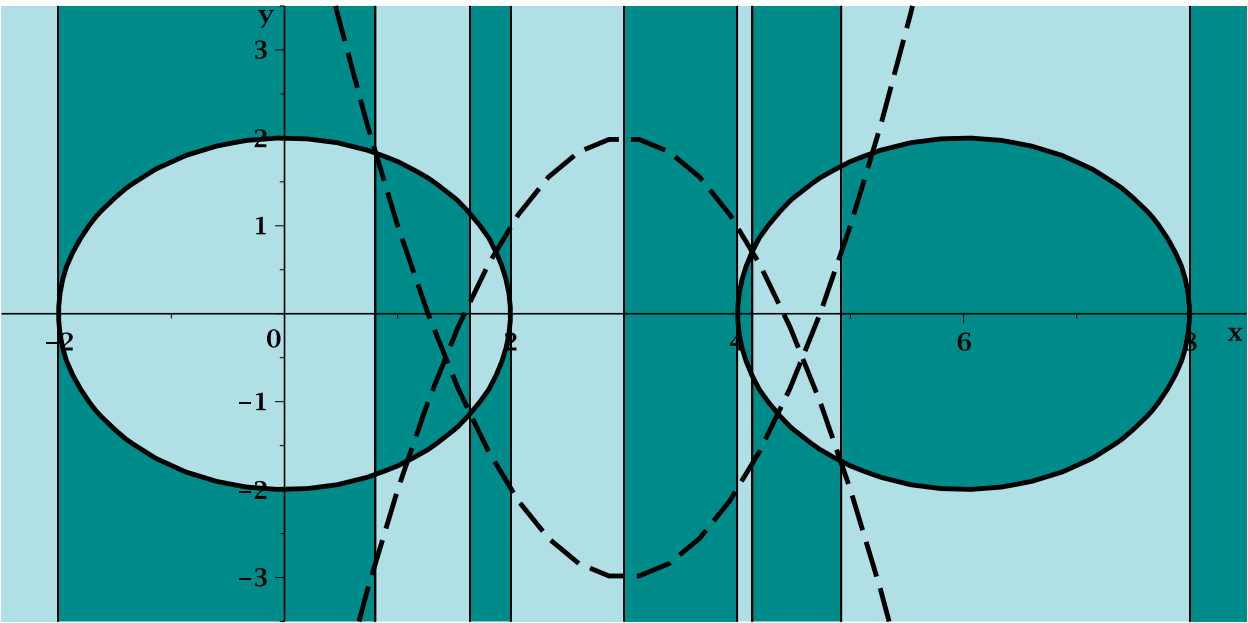|
zhece.wang@mail.utoronto.ca I am a Ph.D. student in Electrical and Computer Engineering at The Edward S. Rogers Sr. Department of Electrical and Computer Engineering of the University of Toronto. Earlier, I earned my B.Eng (2021) in Electrical Engineering from Nankai University, and M.Eng (2025) in Computer Science from Institute of Software, Chinese Academy of Sciences. My research focuses on formal methods, automated reasoning, and AI-assisted verification, including three key research themes:
[New] I am open to academic collaborations and industry opportunities.
Please feel free to contact me if you would like to explore any potential cooperation.
|

|
|
For a complete list of publications, please visit my Google Scholar page. To explore my research by topic, please click the icons below. |
SMT SolvingComplete MethodIncomplete Method / Local Search |
|
(*): Equal contribution |

|
Zhonghan Wang
[ASE 2025]
The 40th IEEE/ACM International Conference on Automated Software Engineering
arXiv | code | paper | poster | slides | video | |

|
Zhonghan Wang, Bohua Zhan, Bohan Li, Shaowei Cai
[VMCAI 2024]
The 25th International Conference on Verification, Model Checking, and Abstract Interpretation
arXiv | code | paper | slides | video | |
|
|
| Oct 2022 - Aug 2023 |
Alibaba Group – Alimama Advertising Technology Department, Beijing, China Research Intern |
| Nov 2025 - Present |
Ant Group – Ant Digital, Hangzhou, China Research Intern |
|
|
| Artifact Evaluation Committee | VMCAI 2025 |
|
|
| Gold medals of Z3++ in SMT-COMP QF_NRA Single Query (main developer) (2022, 2023) |
| Globalink Research Internship offer (Alberta University, Canada) (2020) |
| Outstanding Prize for Tianjin College Student Mathematical Competition (Ranked 17) (2018) |
|
|
| London 2024 (POPL) | Google Photos |
| Seoul 2025 (ASE) | Google Photos |
|
|
|
|